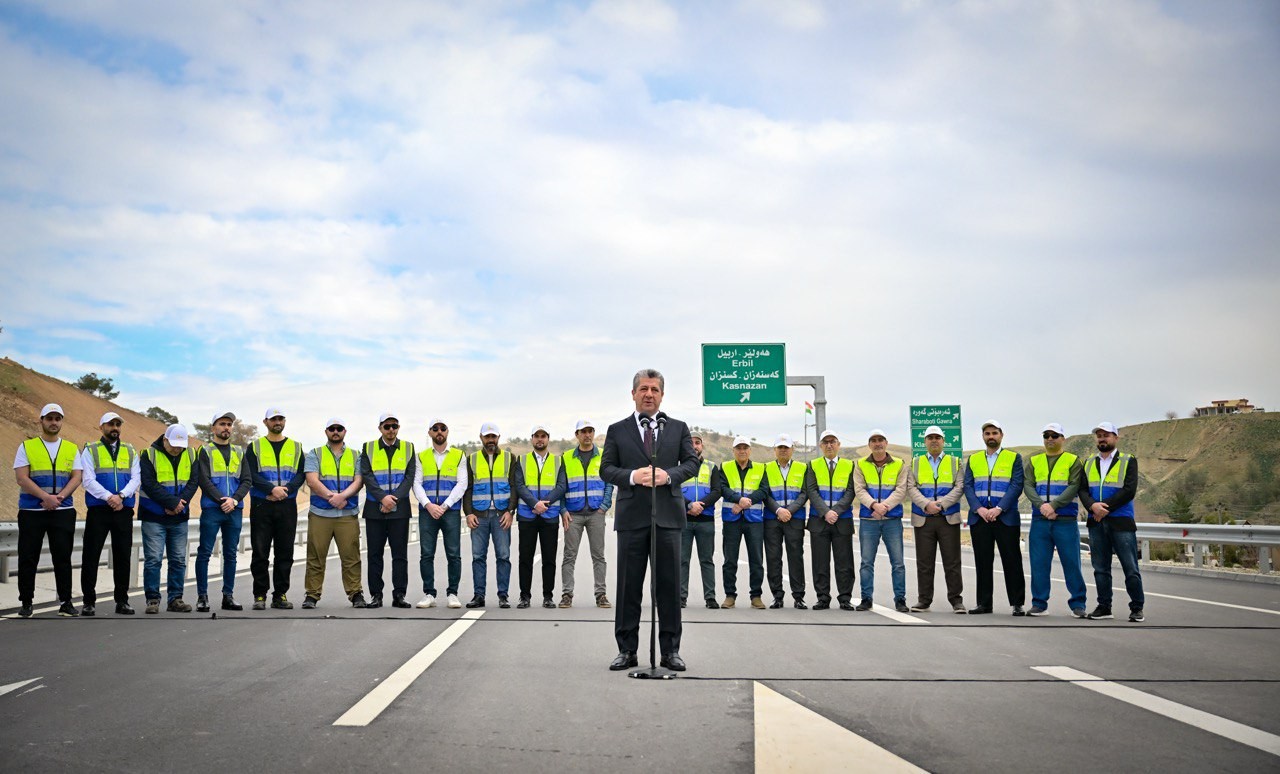Erbil, Kurdistan Chronicle — April 20th marks the twentieth anniversary of the liberation of Iraq, a momentous event in modern history that continues to have far-reaching consequences. The invasion of Iraq, which began on March 20, 2003, was led by the United States, with support from several other nations. The war aimed to remove the despotic regime of Saddam Hussein, who was responsible for committing numerous human rights violations, support of terrorism and committing genocide against the Kurds.
The war was brief in its conventional phase, lasting just over a month. However, the aftermath was far more complicated, with coalition forces becoming embroiled in a protracted insurgency that lasted years. The conflict had a significant impact on the people of Iraq and the wider region, leading to widespread loss of life and displacement.
The decision to remove Saddam Hussein from power was a controversial and complex issue. However, in 2003, the United States, under the leadership of President George W. Buch, launched a military invasion with the goal of toppling Saddam Hussein's government and ending his dictatorship.
The regime of Saddam Hussein in Iraq was one of the most brutal and oppressive governments of the 20th century. Saddam Hussein came to power in Iraq in 1979 and ruled the country with an iron fist until 2003.
One of the most egregious examples of Saddam Hussein's regime's human rights abuses was the brutal treatment of political dissidents, including widespread torture and extrajudicial executions. The regime also heavily suppressed freedom of speech and assembly, with individuals critical of the government facing severe repercussions, including imprisonment and execution.
Perhaps the most notorious example of Saddam Hussein's regime's brutality was the genocide committed against the Kurdish population. In 1988, the regime launched a chemical attack on the Kurdish town of Halabja, killing an estimated 5,000 people and injuring thousands more. The regime's campaign against the Kurds also included the use of forced displacement, mass executions, and widespread torture. By the end of 1988, Saddam's regime and forces were responsible for killing over 182.000 innocent men, women and children Kurds, and burning over 5000 Kurdish villages.
Today, despite the political and economic challenges that Iraqis face, thanks to the Americans and their allies, Iraq has made significant strides in rebuilding its society and institutions. Iraq has a written constitution, which was adopted in 2005 after a period of intense political negotiations and drafting. The constitution, although its effectiveness in practice has been a matter of debate and concern, establishes Iraq as a federal, democratic and parliamentary republic, with a system of separation of power and protection for individual rights and freedom.
While we mark the 20th anniversary of the liberation of Iraq, it is important to recognize and acknowledge the achievements the Iraqis have made, as well as the ongoing challenges that Iraq faces.

